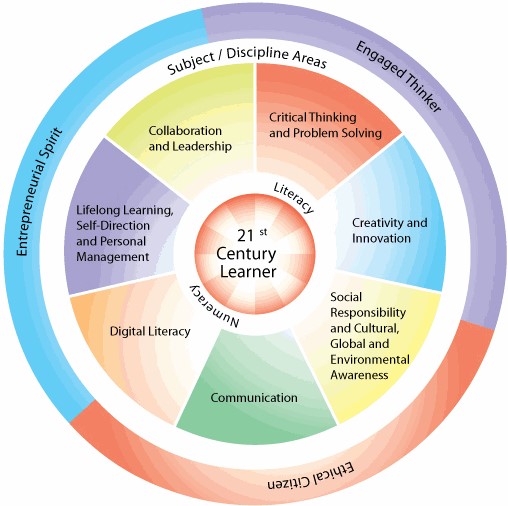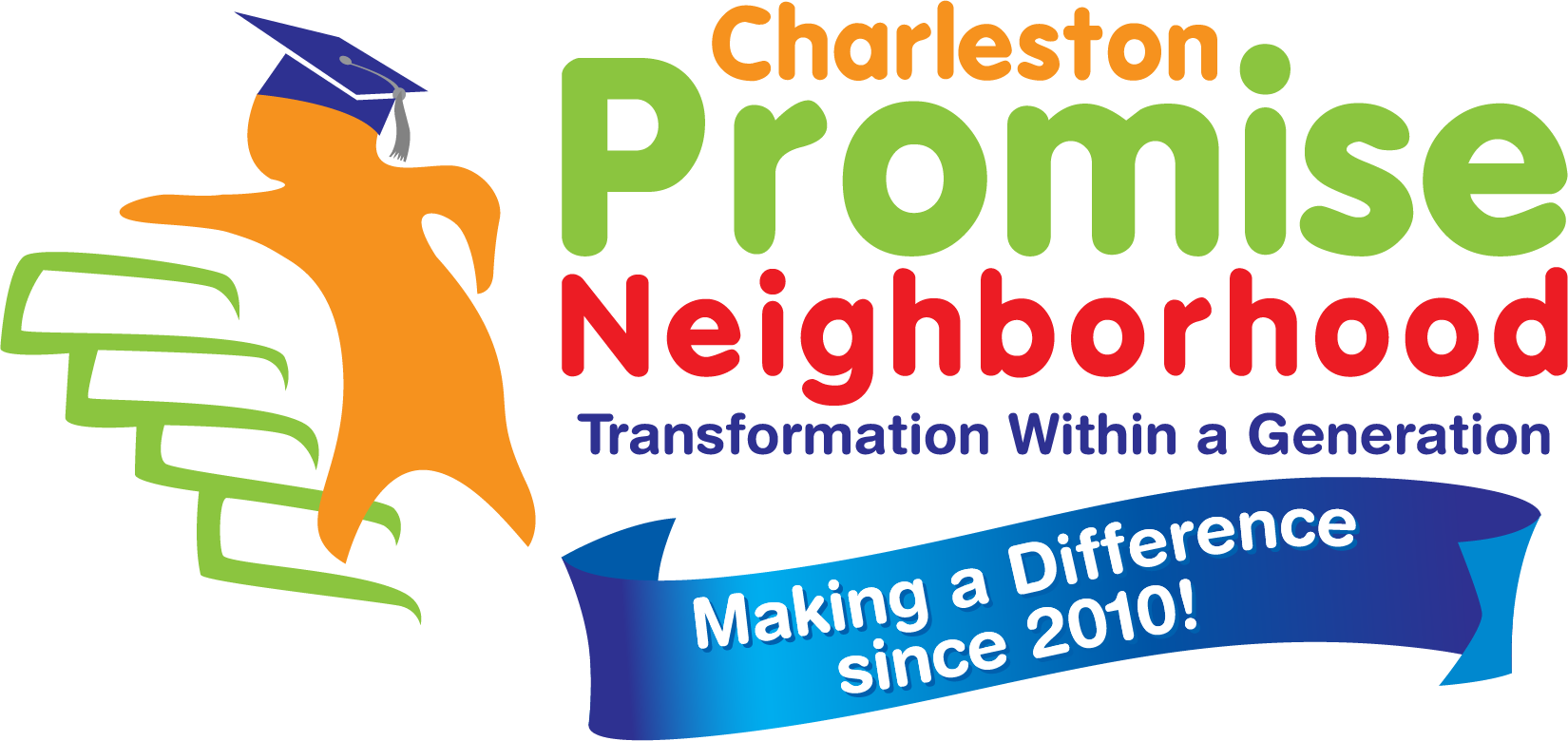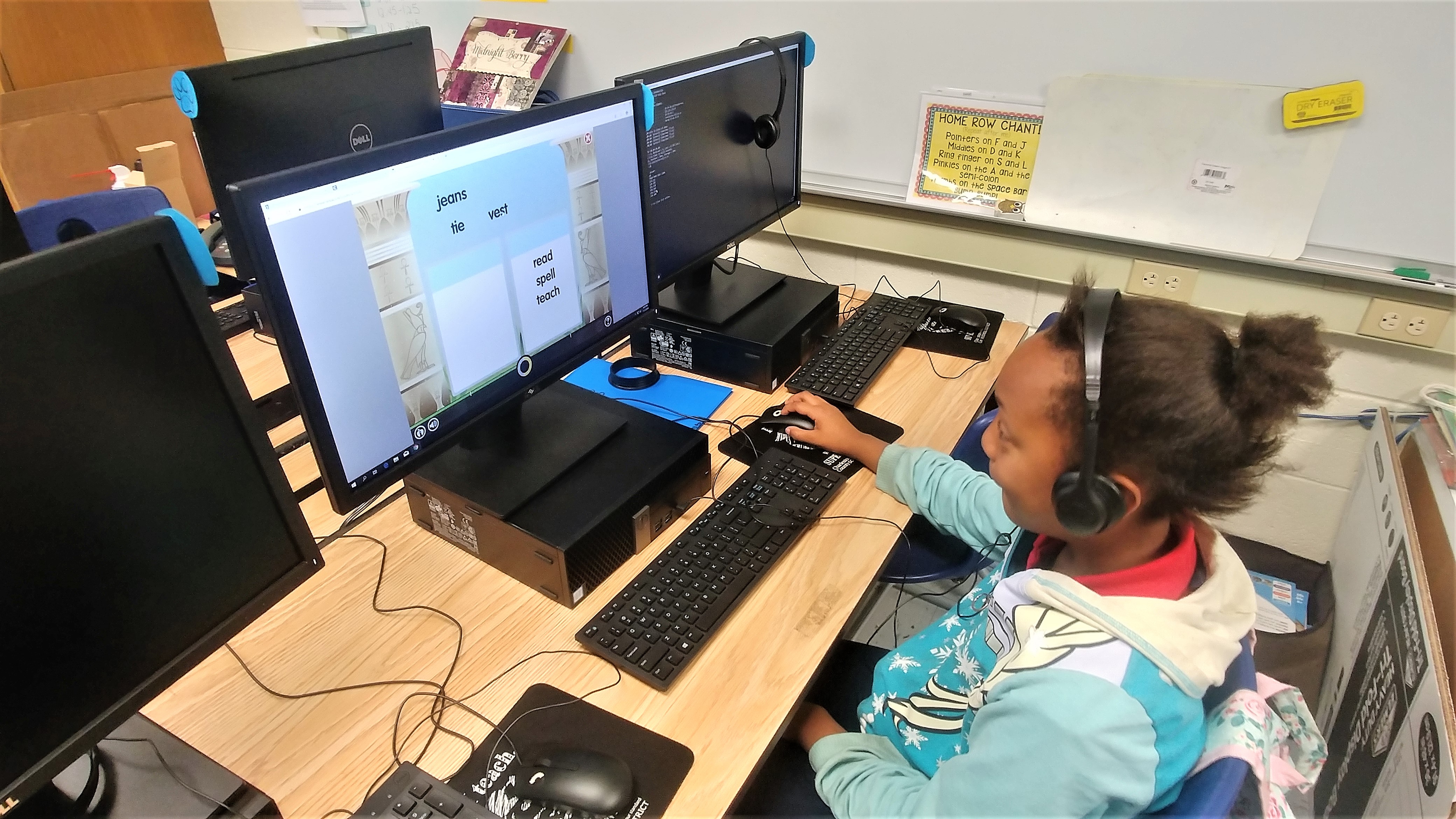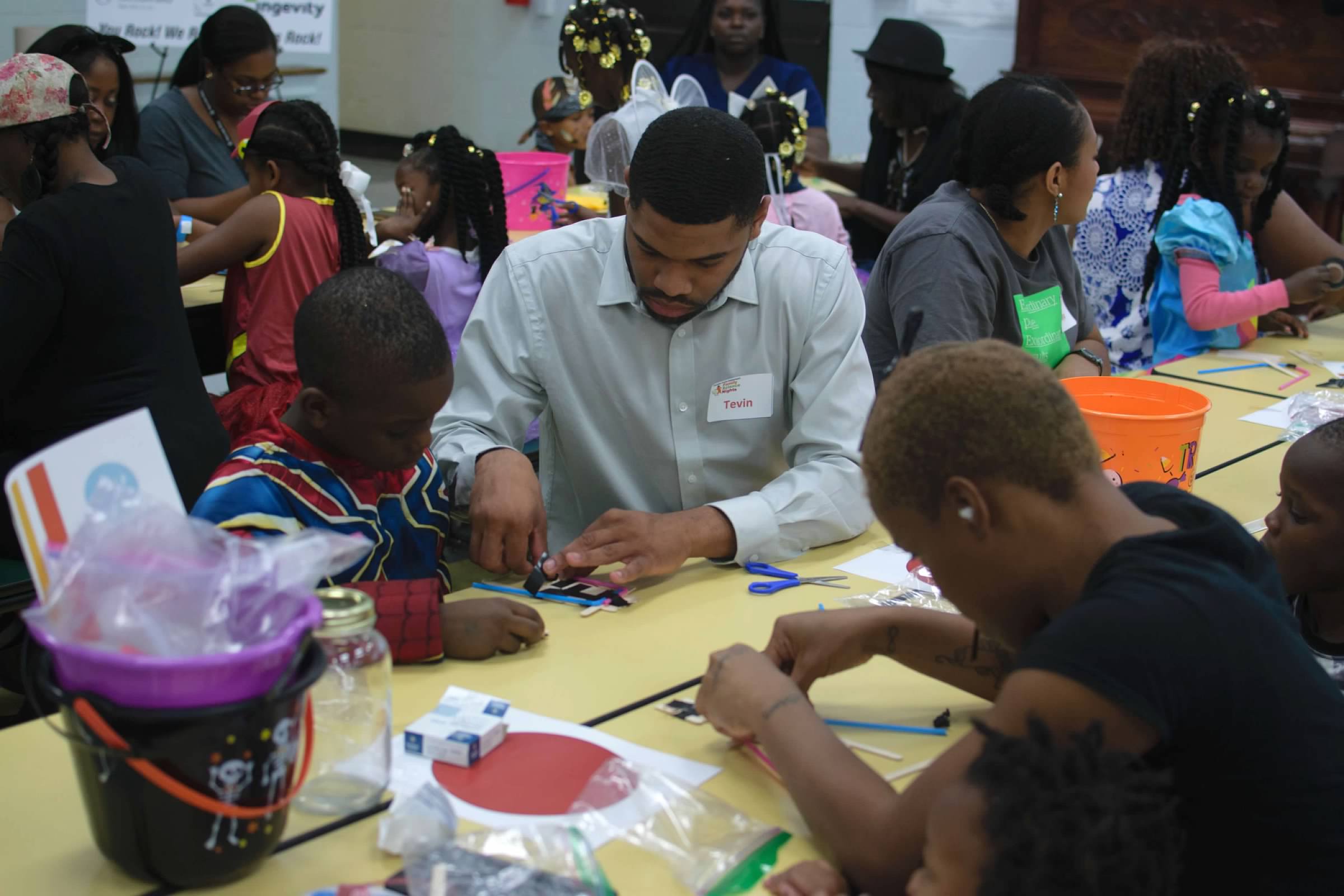The skills we all need in today’s information-age workplace are very different from the skills required not so long ago.
Mid- and late-20th century jobs built on the assembly line required physical strength and a work ethic.
Pre-computer office jobs required reading and math literacy, and some critical thinking skills for those in management.
Jobs in today’s information economy are vastly more complex, more entrepreneurial and more collaborative. They require the ability to adapt quickly, communicate precisely and get along with diverse groups of people.
In the words of futurist Alvin Toffler, “The illiterate of the 21st century will not be those who cannot read and write, but those who cannot learn, unlearn, and relearn.”
Reading Writing and ‘Rithmetic Are Not Enough

That is to say nothing of today’s fifth-grader, who may not enter the workplace until 2030. For them, “reading, writing and ‘rithmetic” skills alone will be woefully inadequate.
The 2015 World Economic Forum in Davos, Switzerland identified the following skills most necessary for success in the 21st century workplace:
- Complex Problem Solving
- Critical Thinking
- Creativity
- People Management
- Coordinating with Others
- Emotional Intelligence
- Judgment and Decision Making
- Service Orientation
- Negotiation
- Cognitive Flexibility
Are we succeeding in teaching our children these skills? Consider this:
- Despite the 2008 recession, 31% of employers working with employee recruiter Manpower struggled to find qualified workers because of a mismatch of skills between workers and employer needs.
- The National Academies of Science Engineering and Medicine complained, “The danger exists that Americans may not know enough about science, technology, or mathematics to contribute significantly to, or fully benefit from, the knowledge-based economy that is already taking shape around us.”
- The National Association of Manufacturers reports that 80% of members are experiencing shortages of workers who possess 21st century skills.
Schools are being challenged to teach 21st century skills that promote creativity, critical thinking, communication, and collaboration while employing technology across a spectrum of media.
The National Education Association says a 21st century classroom includes:
- Interactive demonstration boards that allow the class to work through the material together.
- Access via the Internet to engaging and transformative content from around the globe via tested and reliable learning portals.
- Mobile devices with long-lasting batteries that allow students to learn on the go.
- Desktop and mobile devices that are not bound by old-fashioned school wiring.
- Web-based applications that connect students, parents, and educators.
21st Century Skills in CPN Schools
The sea change occurring in the workplace requires a sea change in the classroom. Charleston Promise Neighborhood recognizes that it must promote cutting-edge skills development for children in The Neck to compete in the information-age workplace. Charleston Promise Neighborhood’s Expanded Learning Time (ELT) afterschool programs provide daily exposure to these necessary skills to approximately 400 Kindergarten – 5th grade students.
One example of this is the Corpus Callosum enrichment block in which students learned entrepreneurship concepts as they worked in teams to develop and name a company, manufacture a product, create marketing supports and sell their product.
Another is Engineering for Kids, a city-based program that teaches STEM through hands-on learning in topics ranging from civil engineering to game design. These projects involve many of the skills listed above – creativity, collaboration, critical thinking, problem solving and communicating.
Developing 21st century workplace skills is a cornerstone of Charleston Promise Neighborhood programs. Acquiring these skills can aid our elementary school students in their academic careers, increase their graduation rate, and help them develop life-long skills to aide in their post-high school college, military and/or workforce career options.





